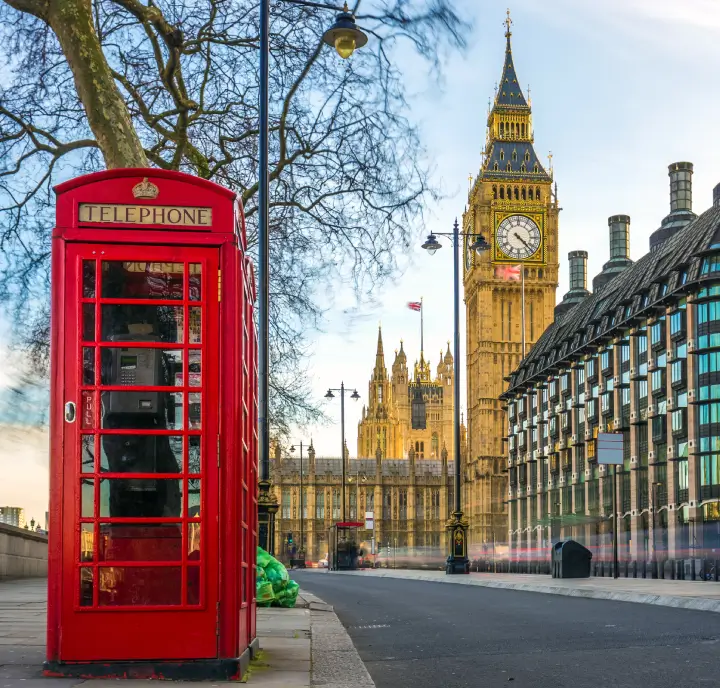Monday - Friday: 9:30am - 5:30pm
Prenuptial Agreements
At Josiah-Lake Gardiner, our expert solicitors have considerable experience in drafting prenuptial agreements to safeguard our clients wealth.
Monday - Friday: 9:30am - 5:30pm
At Josiah-Lake Gardiner, our expert solicitors have considerable experience in drafting prenuptial agreements to safeguard our clients wealth.
A prenuptial agreement is a financial arrangement drawn up before a marriage that sets out how items such as property and capital are regulated in the event the marriage breaks down. Our expert solicitors at Josiah-Lake Gardiner have considerable experience in the area of prenuptial agreements. We will listen to your requirements and help you in relation to both preparing and completing a tailored prenuptial agreement.
To book an initial consultation with our expert prenuptial agreement solicitors, simply call 020 3709 8975 or complete our online enquiry form.
prenuptial agreement is a formal written agreement between two partners entered into prior to their marriage or civil partnership. It typically sets out what has been agreed between a couple should happen with regard to the ownership of financial assets and property in the event of the breakdown of their marriage.
It is often said that prenups are not very romantic and that they are evidence of incompatibility or of a lack of trust by the party wishing to enter into one in the other. Not so. A prenuptial agreement should be seen as no more than insurance in the same way that someone might take out life assurance or health insurance. You take it out hoping never to have to rely on it but if you do it is there. The same can be said of a prenuptial agreement. Once it is signed it can be put away in a drawer and never thought of again.
If, however, the relationship does breakdown, then it is a clear marker as to what the parties themselves considered to be fair in terms of the division or retention of their assets. With ‘divorce’ rates as high as they are (with roughly 2 in 5 marriages ending in divorce and 1 in 8 civil partnerships entered into since December 2005 having been dissolved), it is not unromantic, but simple realism.
Prenuptial agreements can provide certainty. They are a helpful starting point when looking at the appropriate division of assets on divorce or dissolution. They can be evidence of what each ‘in happier times’ considered would be fair should their relationship end.
Whilst the overwhelming majority of those entering into a marriage do so in good faith, with all the right intentions on the basis that it will be a lifelong commitment, there is always a chance that the relationship will falter and be brought to an end by divorce.
Thus, you may want to consider getting a prenuptial agreement for the following reasons:
A prenuptial agreement must contain an inventory of each party’s assets and details of how they are to be dealt with in the event of a divorce or dissolution. It may also set out arrangements for any children, including with whom they will live and the level of financial support the parent with primary care will receive from the other parent.
There are certain other requirements that need to be considered when entering into a prenuptial agreement. This is because should a judge be asked to consider whether the agreement is fair and should be upheld the Court will look at things such as whether:
As yet, prenuptial agreements are not legally binding in the UK. Since the case of Radmacher v Granatino [2010] UKSC 42, prenups are now afforded heavier evidential weight by the courts although they remain just still one of a number of factors that the Court will take into account when determining a financial split on divorce or dissolution.
What has shifted though is that the burden now rests with the party wishing to get out of the prenuptial agreement to show to the Court why it would be unfair to hold them to its terms. As a result, it is better than not to have a prenup in place as evidence of a shared intention as to how the assets should be split on divorce and the terms of ongoing financial support for any children.
In such circumstances, reaching a financial settlement will depend largely on what your relationship with your partner is and how complex your respective financial affairs are. You may be dealing with assets held abroad, inherited wealth, complicated pensions and business structures. Claims can be made in respect of all of the assets, even those held in the name of only one party and acquired prior to the marriage.
If agreement cannot be reached out of court, an application will have to be made to the court and the judge dealing with the matter at a final hearing will have the final decision on how the assets are divided.
There is really no straightforward answer to this question. A lot will depend on the amount assets, the length of time it takes to conclude the agreement, the stance taken by the other party, the particular circumstances of the couple and what they want to achieve by the prenuptial agreement.
Broadly, a ‘simple’ prenuptial agreement, involving limited assets all held within this jurisdiction, could cost between £2,000 and £3,000 plus vat. A more complex prenuptial agreement could cost up to and sometimes more than £10,000 plus vat.
At an initial meeting, we would be able to give a more definitive idea of likely costs. The cost is likely though to be a tiny percentage of the overall assets and for the wealthier party the potential benefits of having a prenup will likely outweigh the outlay.
It would certainly help that a prenup is drawn up by a qualified prenuptial agreement solicitor. This could well provide evidence that the parties understood what they were entering into and that it represents what each believed to represent a fair division of assets and a reasonable settlement of financial matters in the event of a relationship breakdown.
A prenuptial agreement should be tailored to address the particular circumstances of the couple entering into it. There are many template prenuptial agreements doing the rounds on online but it is important to seek advice from a specialist prenuptial agreement lawyer about the prenup. They will be able to review the relevant clauses that need to be contained within the prenuptial agreement and the issues to be addressed so that it can be as “watertight” as possible to ensure it can be given full weight by the Court.
Our recognised prenuptial agreement lawyers will guide you through the process to enable you to secure a fair and reasonable agreement. Our expert team of prenuptial agreement solicitors are backed with a wealth of experience in drafting and reviewing such agreements for our clients.
Josiah-Lake Gardiner has been named one of the UK’s leading Family Law firms by the independent legal guide The Legal 500 for a number of years. For more information you should make an appointment with one of our expert prenuptial agreement solicitors to discuss your particular circumstances. Please call us today on 020 3709 8975.








